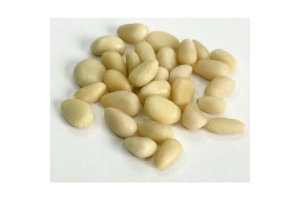The Hidden Dangers of Consuming Highly Processed Foods

The Hidden Dangers of Consuming Highly Processed Foods
In today's fast-paced world, convenience often wins against nutrition when it comes to healthy food choices. Highly processed foods, also known as ultra-processed foods, have become a staple in many diets due to their convenience, long shelf life, and affordability. However, the convenience of these foods comes at a cost to our health. Consuming too much highly processed food can have serious implications for our well-being, leading to a range of health risks that are often overlooked. Let's delve into the potential dangers of overindulging in highly processed foods and explore why moderation is key to maintaining a healthy diet.
Understanding Highly Processed Foods
Highly processed foods are typically low in nutrients and high in unhealthy ingredients such as added sugars, unhealthy fats, and artificial additives. These foods undergo extensive processing that strips them of their natural nutrients and fibre while adding in harmful substances that can have detrimental effects on our health. Common examples of highly processed foods include sugary cereals, fast food, packaged snacks, and sugary drinks.
Health Risks of Excessive Consumption
Nutrient Deficiencies
Highly processed foods are often lacking in essential nutrients like vitamins, minerals, and fibre. Consuming these foods in excess can lead to nutrient deficiencies, which can weaken the immune system, impair cognitive function, and increase the risk of chronic diseases.
Weight Gain and Obesity
Highly processed foods are typically high in calories, unhealthy fats, and added sugars. Overconsumption of these foods can lead to weight gain and obesity, which are major risk factors for a host of health problems including heart disease, diabetes, and certain types of cancer.
Increased Risk of Chronic Diseases
A diet high in highly processed foods has been linked to an increased risk of chronic diseases such as heart disease, type 2 diabetes, and certain types of cancer. The excessive intake of unhealthy fats, sugars, and additives in these foods can contribute to inflammation, insulin resistance, and other metabolic disturbances that pave the way for these diseases.
Digestive Issues
Highly processed foods are often low in fibre, which is essential for maintaining a healthy digestive system. A diet lacking in fibre can lead to digestive issues such as constipation, bloating, and an imbalance in gut bacteria, which can have far-reaching effects on overall health.
Negative Impact on Mental Health
Research suggests that a diet high in highly processed foods may be linked to an increased risk of mental health disorders such as depression and anxiety. The lack of essential nutrients and the presence of harmful additives in these foods can affect brain function and mood regulation.
Strategies for Reducing Consumption
Focus on Whole Foods
Opt for whole, lower processed food choices such as fruits, vegetables, whole grains, lean proteins, and healthy fats. These foods are rich in nutrients and fibre, promoting health and well-being.
Read Labels
Be mindful of the ingredients list when purchasing packaged foods. Avoid products with a long list of artificial additives, preservatives, and added sugars.
Cook at Home
Prepare meals at home using fresh ingredients to have better control over what goes into your food. Cooking at home allows you to create nutritious and delicious meals without relying on highly processed options.
Limit Sugary Drinks
Cut back on sugary beverages like soda, energy drinks, and sweetened teas. Opt for healthier options like, water, herbal teas, or homemade fruit-infused water as healthier alternatives.
Practice Moderation
While it's okay to enjoy highly processed foods occasionally, moderation is key. Limit your intake of these foods and focus on building a balanced diet cantered around whole, nutrient-dense foods.
Conclusion
In conclusion, the potential health risks of consuming too much highly processed foods are significant and should not be overlooked. By understanding the dangers associated with these foods and making conscious choices to limit their consumption, we can protect our health and well-being in the long run. Prioritising whole, nutrient-dense foods and adopting healthy eating habits can go a long way in promoting a healthier lifestyle and reducing the risks associated with excessive consumption of highly processed foods. Remember, moderation is key when it comes to maintaining a balanced and nutritious diet.
Some Healthier Options
BUY OATS BUY PROTEINS BUY PASTA

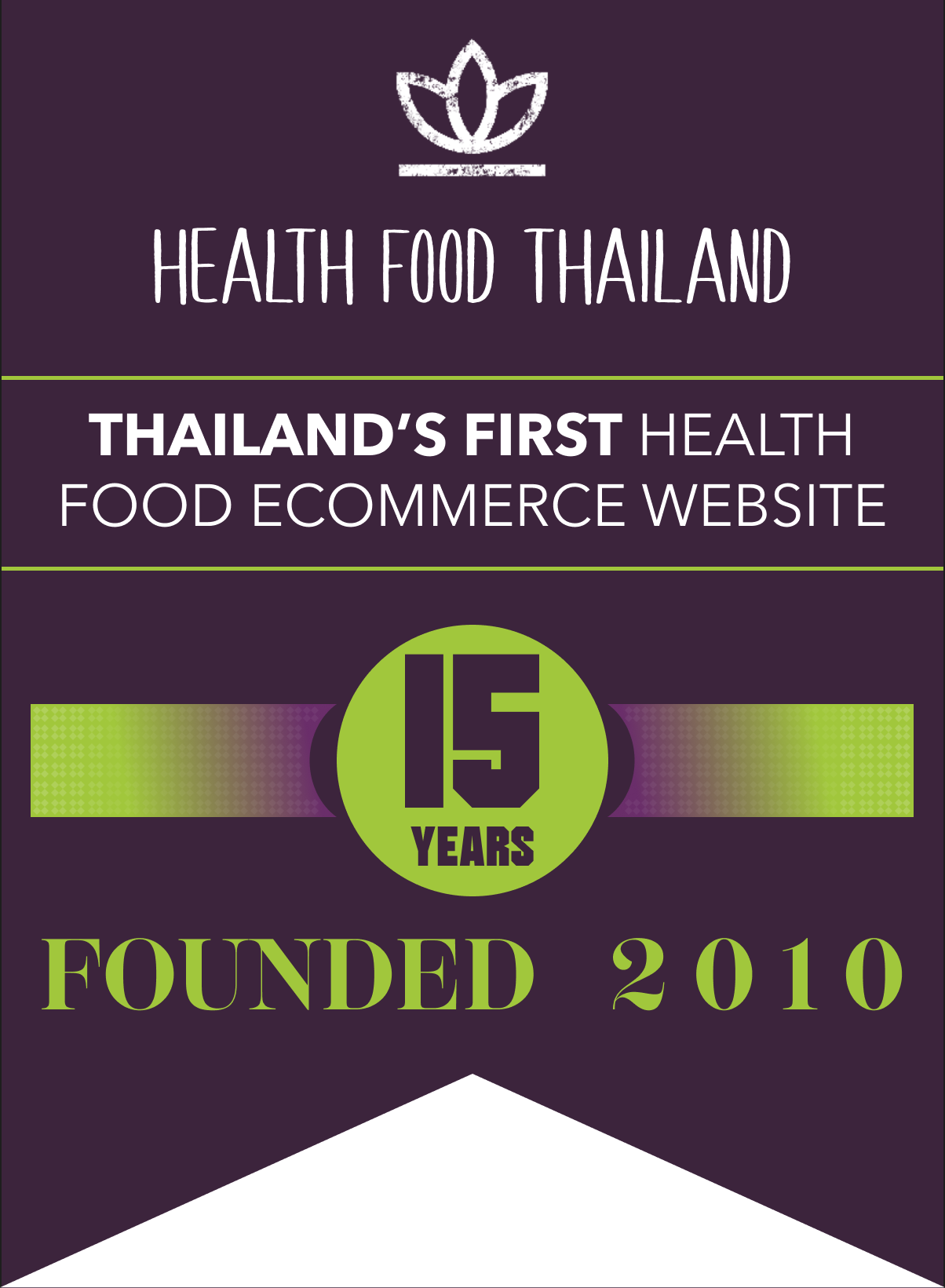


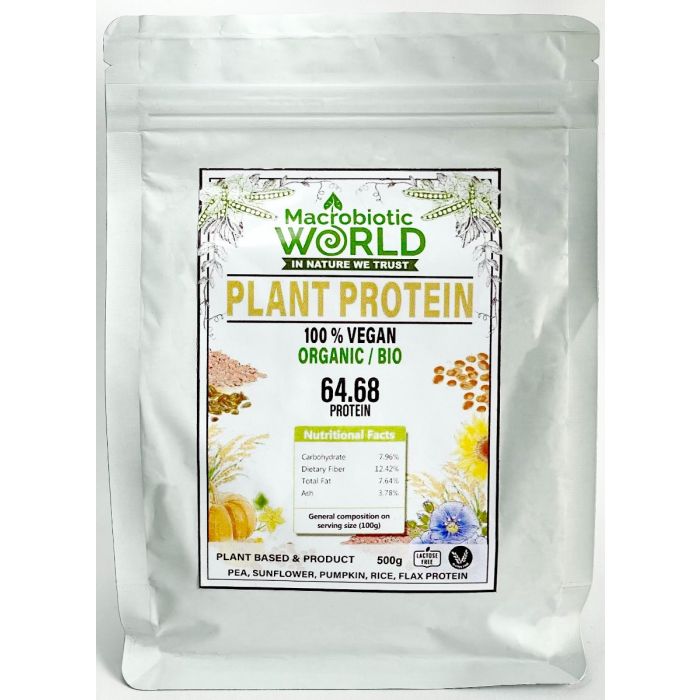
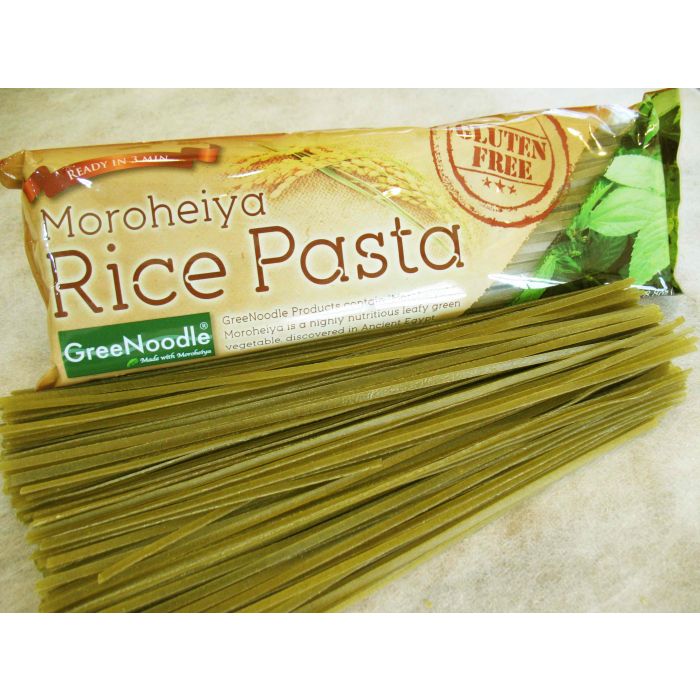


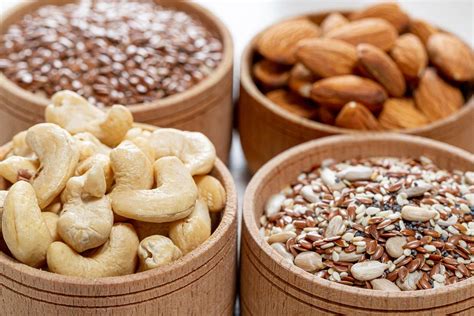

 Over 500 health and wellness products
Over 500 health and wellness products Everyday savings and weekly promotions
Everyday savings and weekly promotions The best natural and organic produce from around the world
The best natural and organic produce from around the world Committed to you - over 10 years of trusted service
Committed to you - over 10 years of trusted service


